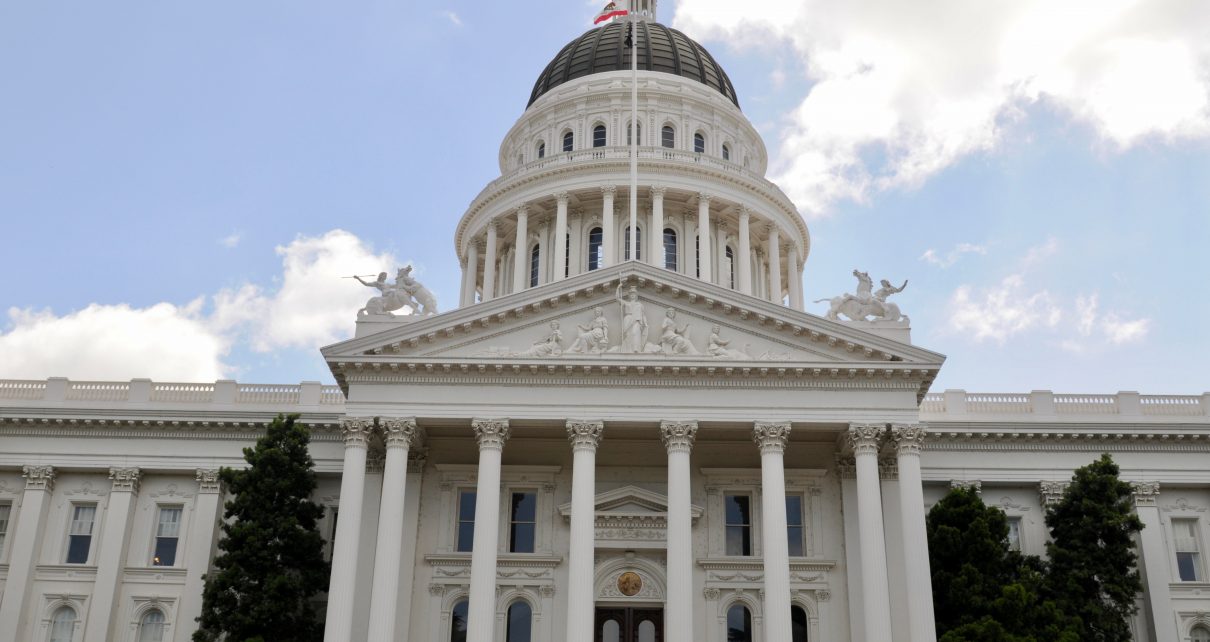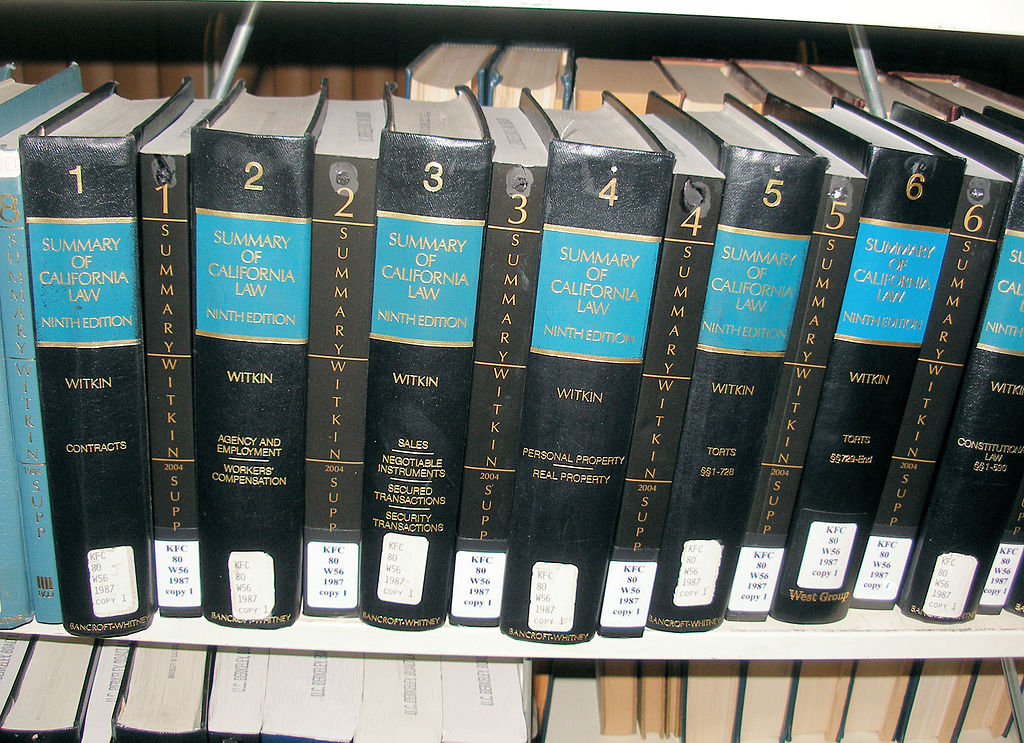
State Capitol Building. (Photo: Kevin Sanders for California Globe)
Should State Contracts or Grants Be Exempt from Oversight Laws?
Many state contracts are subject to approval by the Department of General Services
By Chris Micheli, March 24, 2022 6:30 am
As a general rule, the awarding of contracts or grants are subject to state laws including those in the Public Contract Code, the State Contracting Manual, and provisions of the Government Code, such as the personal services contracting requirements.
In addition, many state contracts are subject to approval by the Department of General Services. The purpose of these statutes is to ensure public transparency, competition for public contracting opportunities, standards for the award of contracts, and for other reasons.
For example, in the beginning of California’s Public Contract Code, there is Division 1 (“Purpose and Preliminary Matters”). Division 1 was added in 1984 and contains the following three sections:
Section 100 lists four legislative findings and declarations that placing all public contract law in one code will make that law clearer and easier to find. Further, it is the intent of the Legislature in enacting this code to achieve the following objectives:
(a) To clarify the law with respect to competitive bidding requirements.
(b) To ensure full compliance with competitive bidding statutes as a means of protecting the public from misuse of public funds.
(c) To provide all qualified bidders with a fair opportunity to enter the bidding process, thereby stimulating competition in a manner conducive to sound fiscal practices.
(d) To eliminate favoritism, fraud, and corruption in the awarding of public contracts.
Section 101 provides that California public contract law should be efficient and the product of the best of modern practice and research. And, Section 102 states that, to encourage competition for public contracts and to aid public officials in the efficient administration of public contracting, to the maximum extent possible, for similar work performed for similar agencies, California’s public contract law should be uniform.
The State Contracting Manual (which actually has 4 volumes) is published and available on the Internet from the Department of General Services. The Manual’s stated purpose is that “state agencies can access policies, procedures, and guidelines for non-IT services contracts.” Volume 1, for example, is provided as a “resource to those in California state government who are involved in the state’s contracting process. It provides the policies, procedures and guidelines to promote sound business decisions and practices in securing necessary services for the state.”
California’s Government Code allows personal services contracts pursuant to Title 2, Division 5, Part 2, Chapter 5, Article 4, in Sections 19130 – 19135. Article 4 establishes standards for the use of personal services contracts and they are permitted in order to achieve costs savings to the State when certain conditions are met.
On occasion, legislation before the California Legislature may include one or more exemptions from these laws. The following is an example:
Notwithstanding any other law, contracts or grants awarded to ___ shall be exempt from both of the following:
(A) The personal services contracting requirements of Article 4 (commencing with Section 19130) of Chapter 5 of Part 2 of Division 5 of Title 2 of the Government Code.
(B) The Public Contract Code and the State Contracting Manual.
Notwithstanding any other law, contracts or grants awarded to ___ pursuant to this chapter shall not be subject to the approval of the Department of General Services.
Unfortunately, just like the exemptions for state agencies to comply with the Administrative Procedure Act that have the practical effect of limiting transparency and public participation in executive branch rulemaking, exemptions from public contracting laws are problematic for a number of reasons.
These laws are intended to protect public monies and ensure state contracts with non-state entities meet certain standards so that best practices are followed and the State is buying the best goods and services for the best value. They also help encourage participation in public contracting which benefits the taxpayers who expect to receive the best goods and services at the lowest possible price.
- Location of a Missing Party in Child Custody Cases - December 31, 2025
- Valuation for Eminent Domain - December 31, 2025
- Third Quiz on Where Areas of Law Are Found in the California Codes - December 30, 2025




